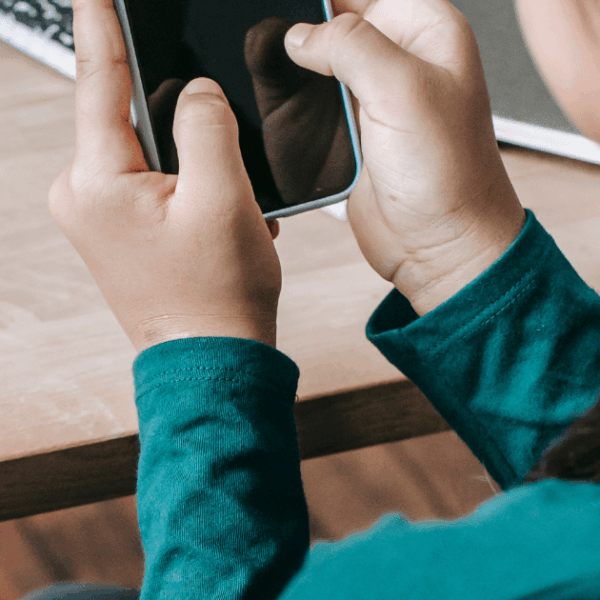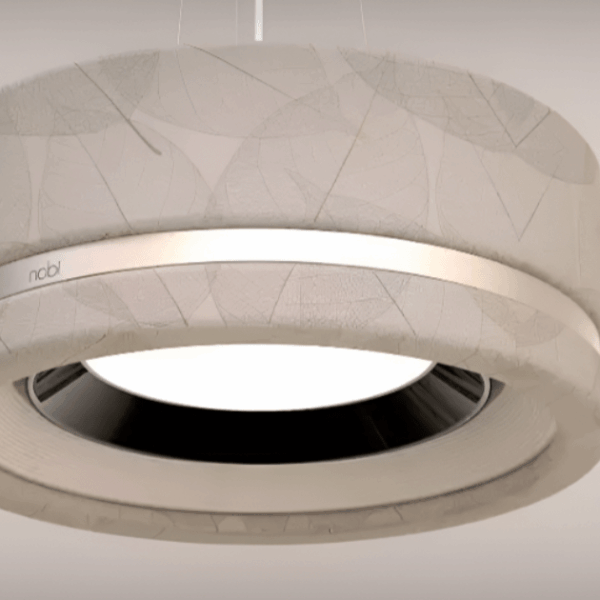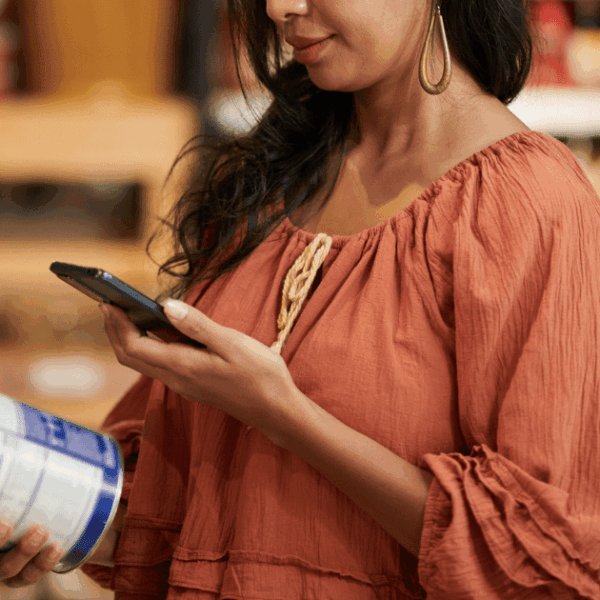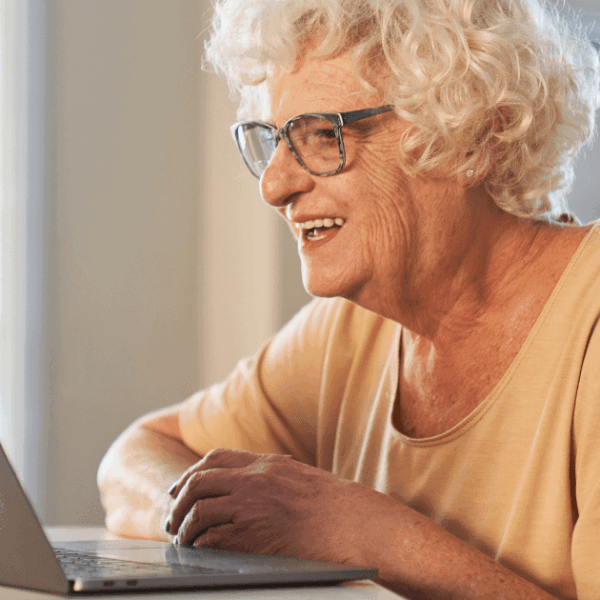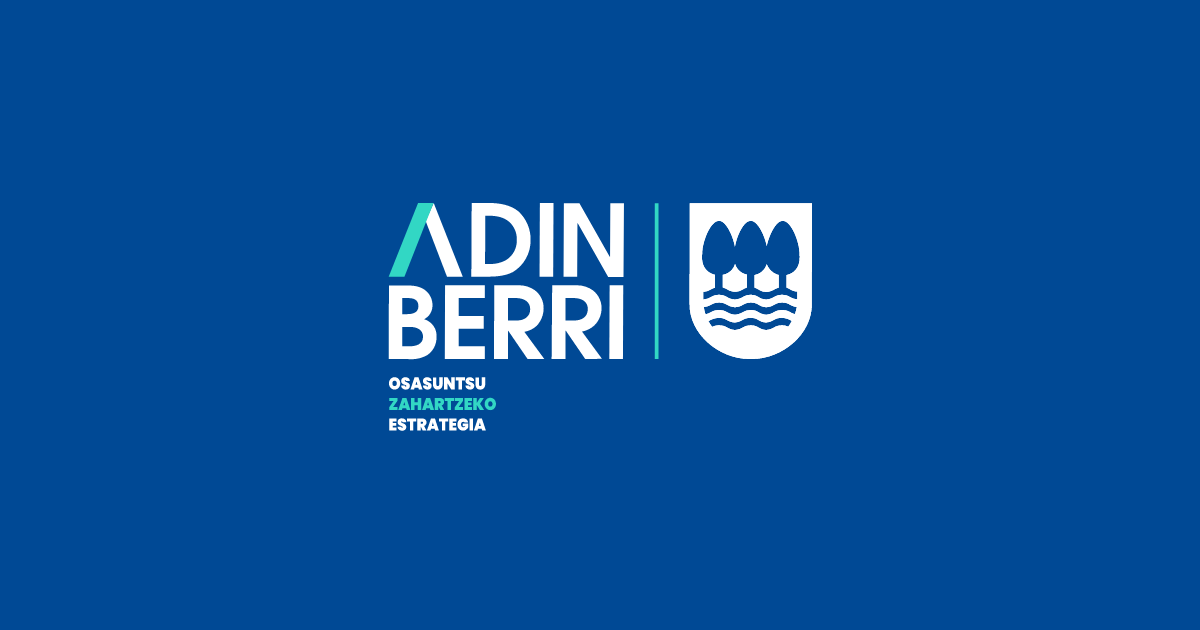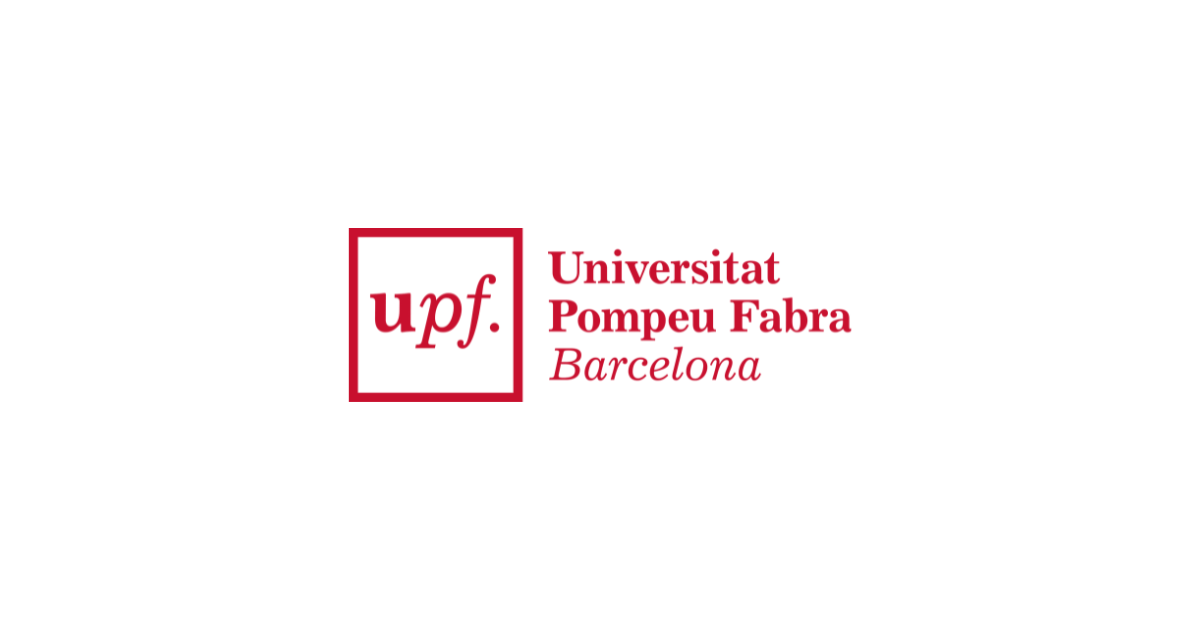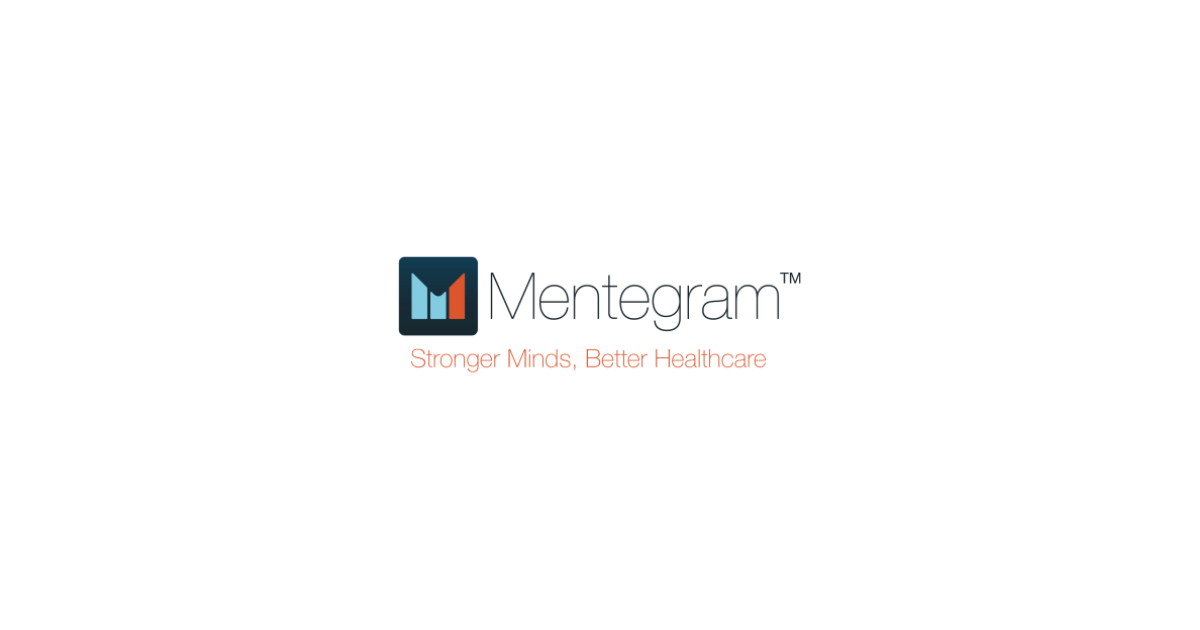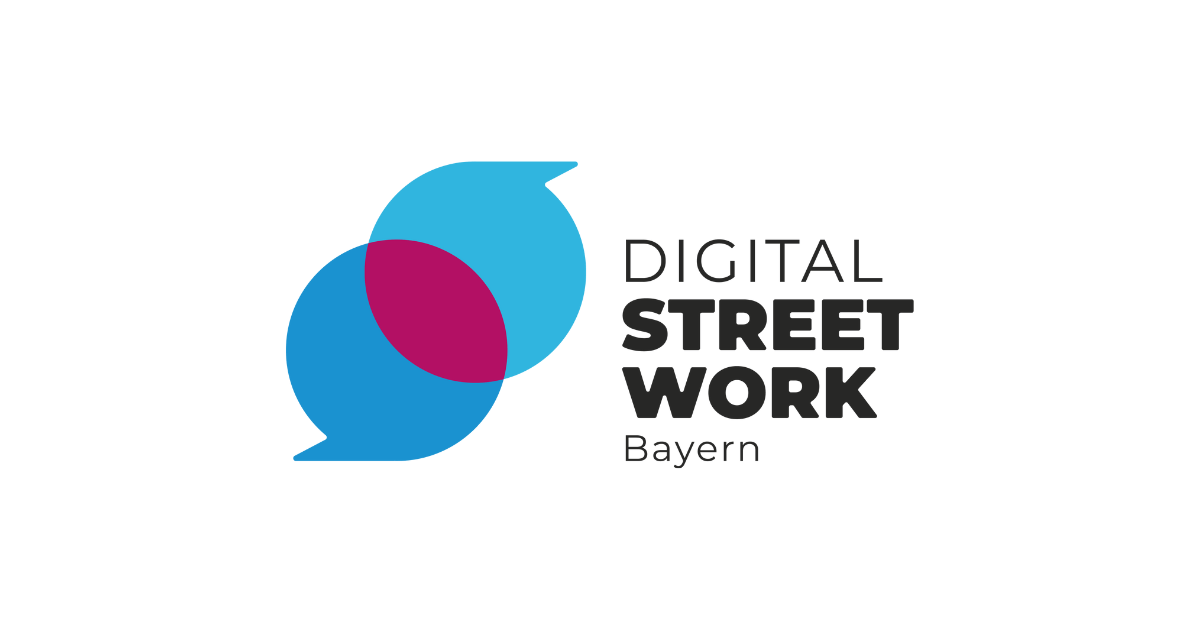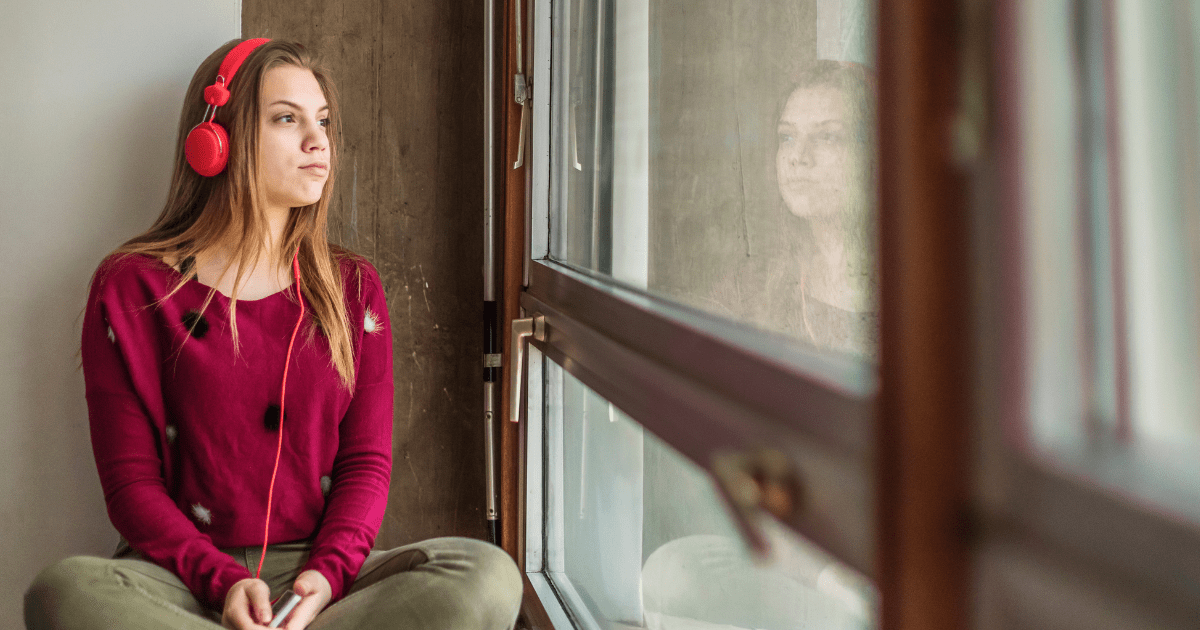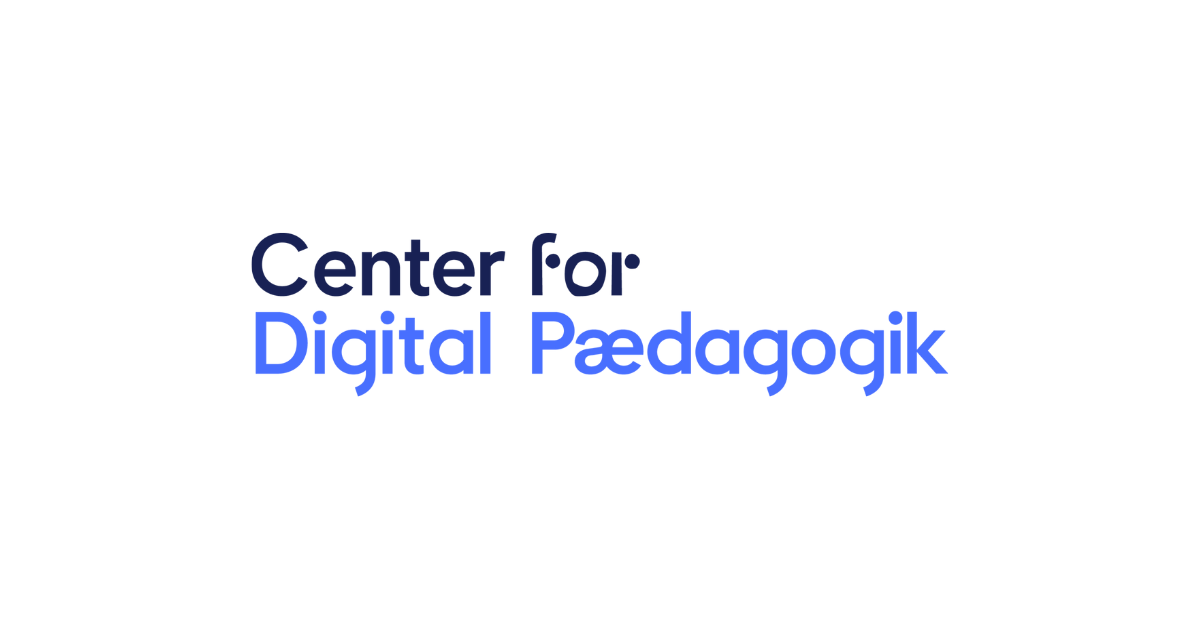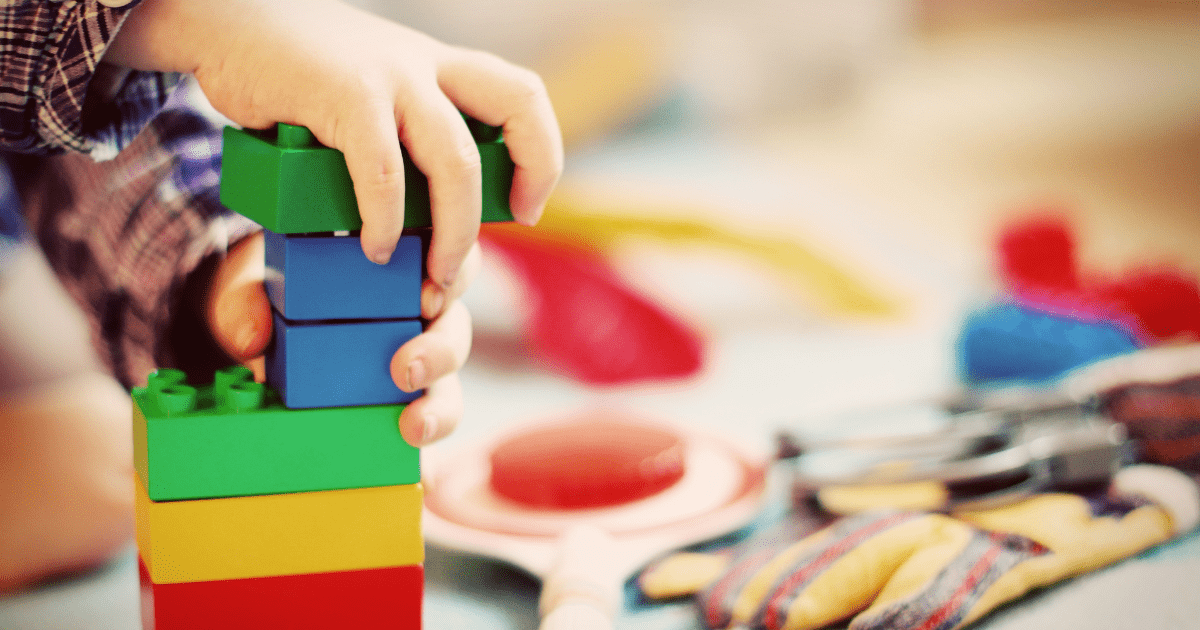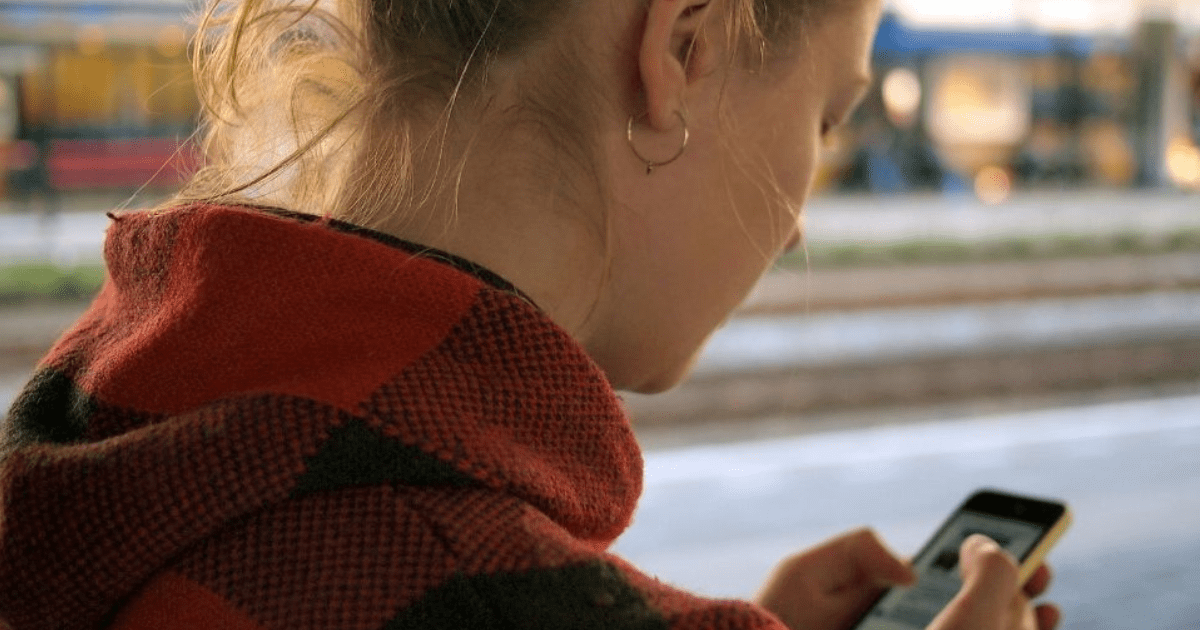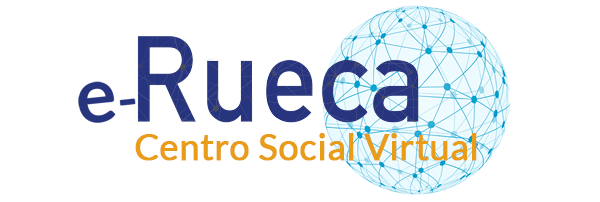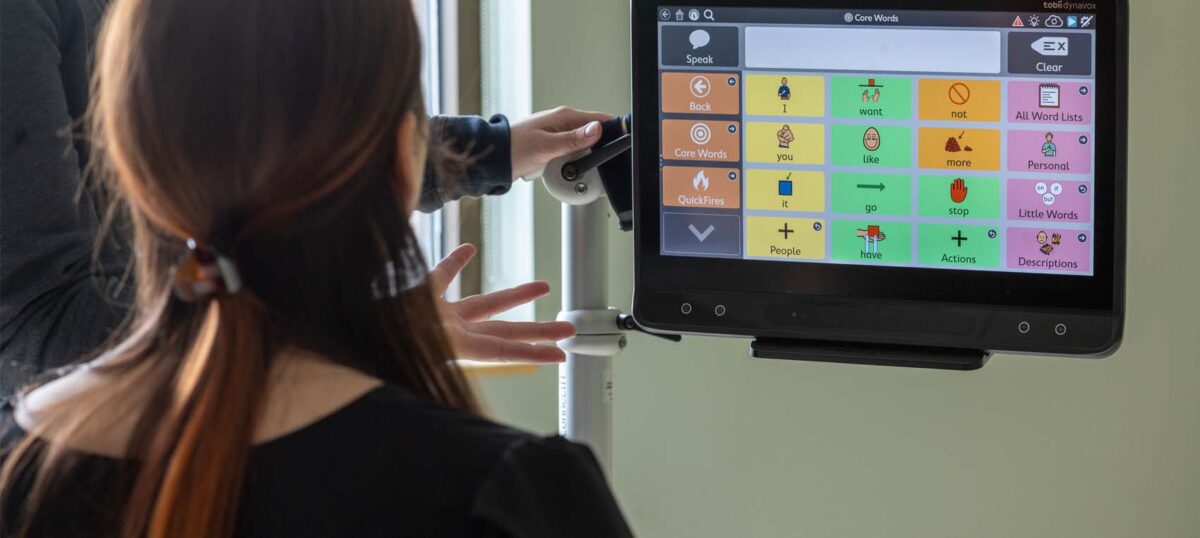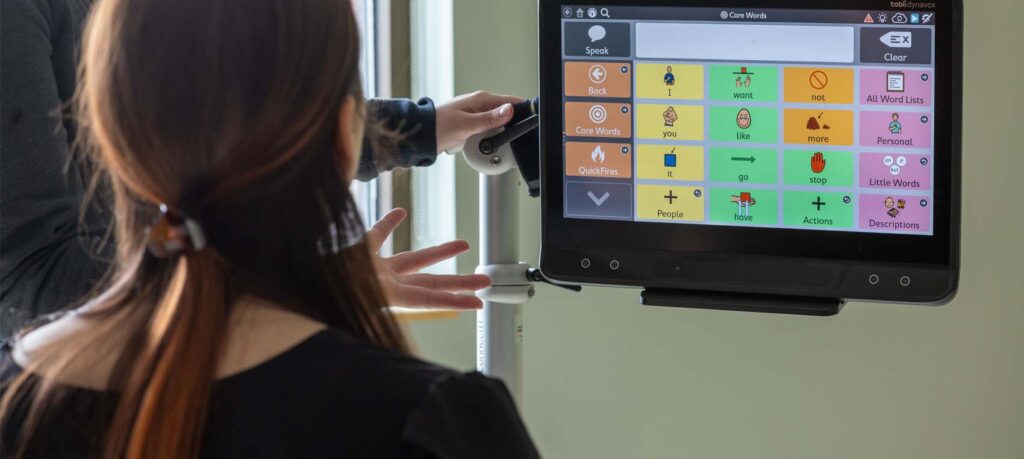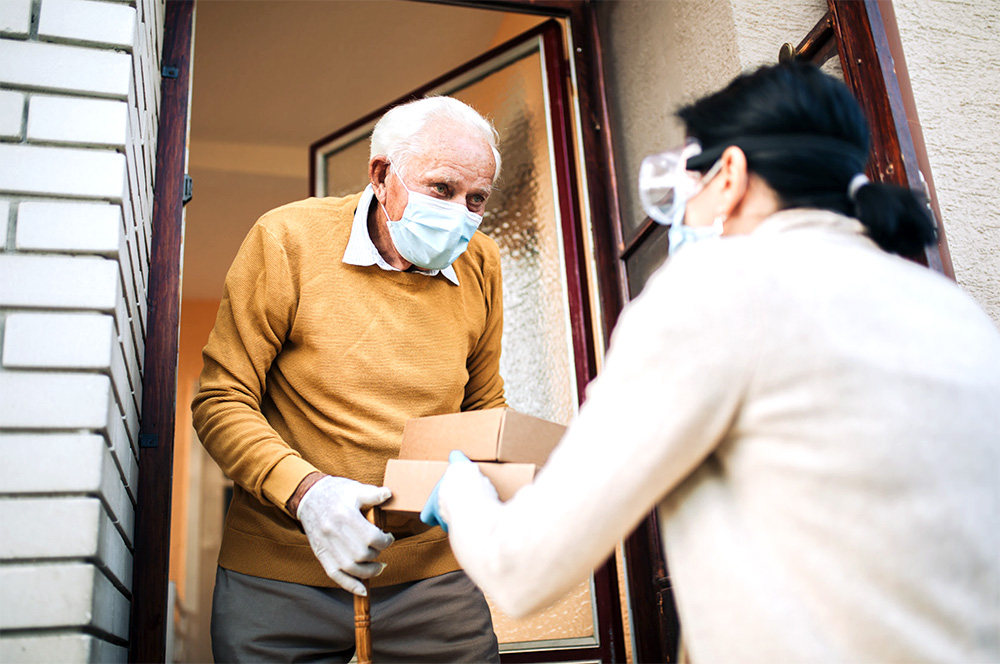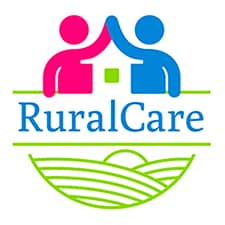Energy Control, a drug analysis service to reduce risks
Energy Control, a drug analysis service to reduce risks
Associació Benestar i Desenvolupament (ABD)

Drug analysis program that promotes responsible consumption
Energy Control is a project of the Association for Welfare and Development (ABD) that, among other services, sets up information points in drug consumption spaces, such as music festivals and nightclubs, to promote responsible and informed use and to offer a substance analysis service that ensures the safety of people who consume them in case of adulterated products.
The analysis results are obtained in less than five minutes. This allows for immediate advice on the actual composition of the substances. Moreover, the technique used is non-destructive and does not use reagents, which better reaches the population more reluctant to leave the substance at an analysis point.
The data obtained is inserted into the Energy Control database. Thus, practically all substances circulating at any given time can be identified, including adulterated or especially dangerous ones, and consumers can be alerted through their channels. The devices used in the analysis process are portable and can be easily moved to any space, so interventions can be carried out in usual consumption places.
The main objectives of this service are to contact drug users, inform about the composition of the substances the person wants to consume, advise on how to consume with less risk, monitor the market, detect trends, and alert interested parties in case adulterated products especially dangerous to health are circulating.
Characteristics of innovation
Localization
Catalunya
Partners / Funders
Genesis
Energy Control is a pioneering program that was born in Barcelona in 1997 and currently operates nationwide, with delegations in Andalusia, Catalonia, the Balearic Islands, and Madrid.
Level of implementation
Since its creation, Energy Control has received various recognitions for its work in the field of drugs. Among them, the Award for Innovation Projects in Participation and Promotion of Associations from the Barcelona City Council (2004), the European Drug Prevention Prize (2010), the Reina Sofia Award (2014), and the Olivera Award from the Balearic Islands Government Regional Volunteer Awards (2022).

Banc d’innovacions

